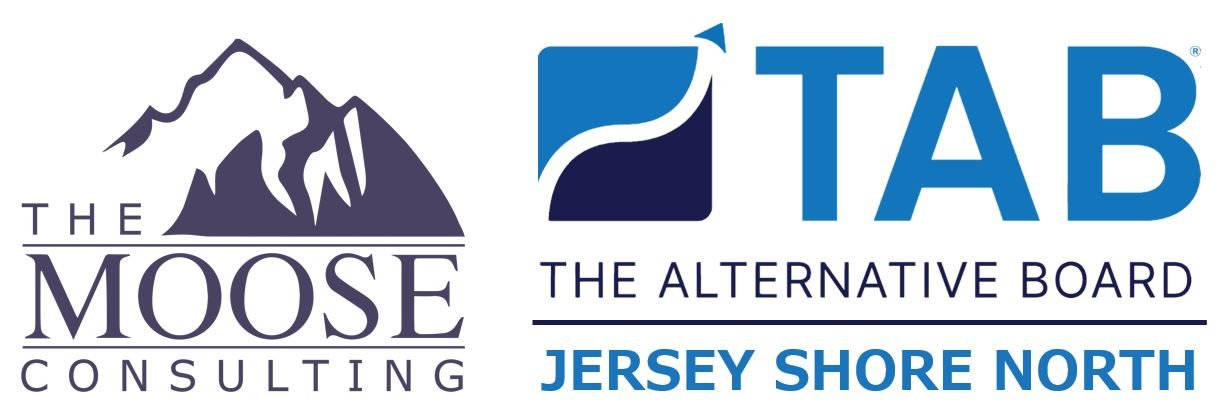How To Improve Your Active Listening Skills and Why It Matters
The first step to great leadership is your ability to communicate your goals and objectives to the people you have brought in to support and grow your business. Now you may think, “I already am a great communicator and I am always talking to my people." And that may be true. But talking is only have of the successful-communication equation – and probably not even the most important half. A business leader’s ability to listen might truly be considered the secret to success.
Everybody believes that they listen. And to an extent they probably do. But there is an important distinction in how and why one listens. Ask yourself, do you listen to understand or do you listen to respond? If you often find yourself in conversation nodding in anticipation for your turn to chime in, you are a listening-to-respond communicator. And even if you haven’t realized it until now, your team certainly has.
Changing your communication habits and style can be challenging. In all likeliness, the way you approach conversations isn’t exclusive to running your business. Your family and other significant people in your life have probably also noticed your communication style. If you are a good listener, they know it. And if you are just waiting to respond, they know that too.
So how do you become a better listener and not just someone who doesn’t interrupt or dominate every conversation? It is called being an Active Listener and it can dramatically change the nature of the relationships you value in your business and your life.
Why Active Listening Can Be So Challenging
Before embarking on your journey to better active listening skills, take a moment to reflect on the times that you failed to hear what someone said or misunderstood the context of what they were trying to share with you. What do you remember about your emotional state at that moment? Like most business owners, you were likely very busy, maybe more than a little stressed, or perhaps just not very interested in what that person had to say. In all these scenarios, you were unable to engage your active listening skills either by design or by just falling short in that moment.
Every overstretched business owner has been there, feeling like they don’t have one last ounce of patience or capacity left in them to hear out a conversation. But denying your ability to be an active listener, even when stressed or tired, isn’t fair to you or the people who surround and support you. It is also disrespectful and probably not reflective of the business leader who you want to be.
8 Ways to Be a Better Active Listener
Amping up those active listening skills is achievable but takes some focus.
1. Be Present in the Moment. Eliminate distractions so you can give the speaker your full attention.
2. Look Them in the Eye. Maintaining eye contact demonstrates that you are interested and engaged.
3. Don’t Interrupt. Allow the person to explain the topic at their own pace.
4. Listen to Understand. Don’t listen to respond. People know when you are just waiting for your turn to speak.
5. Be Patient. Not everyone shares your communication style; let people express their thoughts in their own way and at their own pace.
6. Be Empathetic. Particularly in charged or emotional situations, acknowledge the speaker’s feelings and express compassion for their interpretation when appropriate.
7. Ask Clarifying Questions. Keep your queries open-ended and non-judgmental. Ask them to elaborate.
8. Repeat What You’ve Heard. Paraphrasing helps the speaker know that you were listening, “So if I understand correctly, you are saying that you need more support in the stockroom.”
Business owners, give Active Listening a try. By practicing these techniques, you advance yourself as an empathetic communicator, you build stronger relationships with the team you have built, and you foster a culture of respect throughout your business.
We all have our unique communication styles. At The Moose Consulting, we use DISC assessments to help our clients communicate better with each other and throughout their businesses. And the impact is substantial. If you haven’t heard of DISC or are interested in learning more about the positive effects these assessments can have on your business, please feel free to reach out, comment, or DM me.
